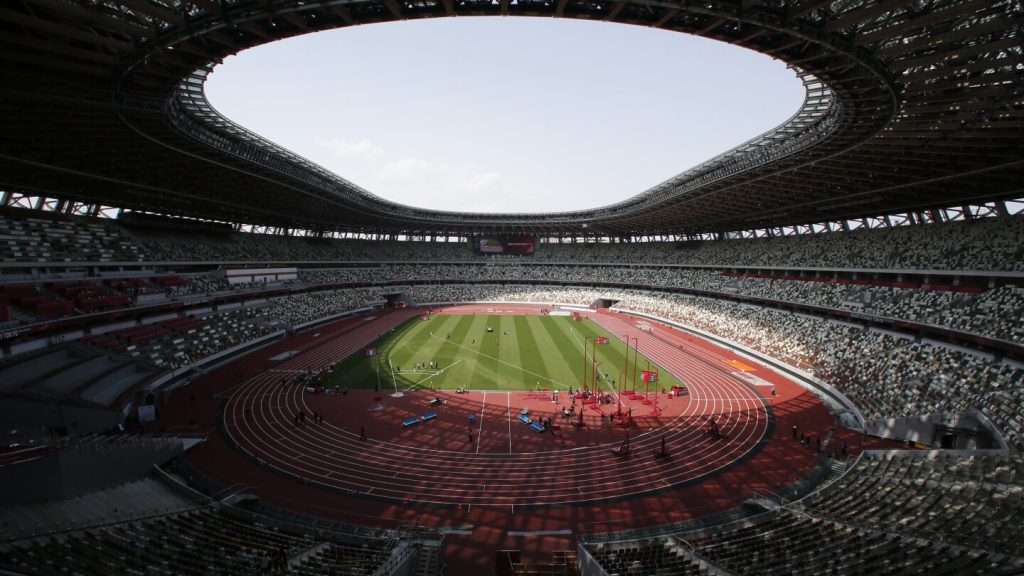Athletes competing in the Paris Games this summer will have the opportunity to win a $50,000 check along with their gold medal, thanks to World Athletics. This marks a significant shift as it is the first time that a governing body is offering cash prizes at the Olympics. While the International Olympic Committee has traditionally resisted this idea, individual countries like the U.S. have been rewarding medal winners in various sports for years. In addition to cash prizes, athletes also benefit from endorsement deals, signaling a departure from the traditional notion of amateurism in sports.
The move to offer cash prizes to Olympic athletes is seen as a step towards fairness and recognition of the athletes’ contributions to the multibillion-dollar business of the Olympics. Athletes like sprinter Gabby Thomas appreciate the gesture, acknowledging the effort and sacrifice it takes to compete at the highest level. The hope is that other sports will follow suit and provide more financial support to Olympic athletes, especially in less popular sports. While some see this as a positive development, others raise concerns about the potential impact on funding for developing and promoting Olympic sports.
World Athletics president Sebastian Coe’s decision to offer cash prizes to track and field athletes has been met with mixed reactions within the sports community. Some view it as a strategic move to boost Coe’s profile for a potential IOC presidency bid, while others question the focus on top athletes and gold medalists. Critics like David Lappartient, president of cycling’s international federation, fear that this approach could limit opportunities for athletes from around the world. There are also differing opinions on how available funds should be allocated, with some advocating for more support towards developing and promoting Olympic sports.
For athletes like sailing’s Hans Henken, the potential for cash prizes is not a primary concern as the love for their sport drives their motivation. While financial rewards can provide additional support for training and competition, some athletes like artistic swimmer Daniella Ramirez prefer to keep money out of the equation. The focus remains on the journey towards winning a medal and the passion for their sport. Ultimately, the introduction of cash prizes for Olympic athletes represents a significant shift in the world of sports, raising questions about the evolving nature of amateurism and the role of financial incentives in athletic competition.


